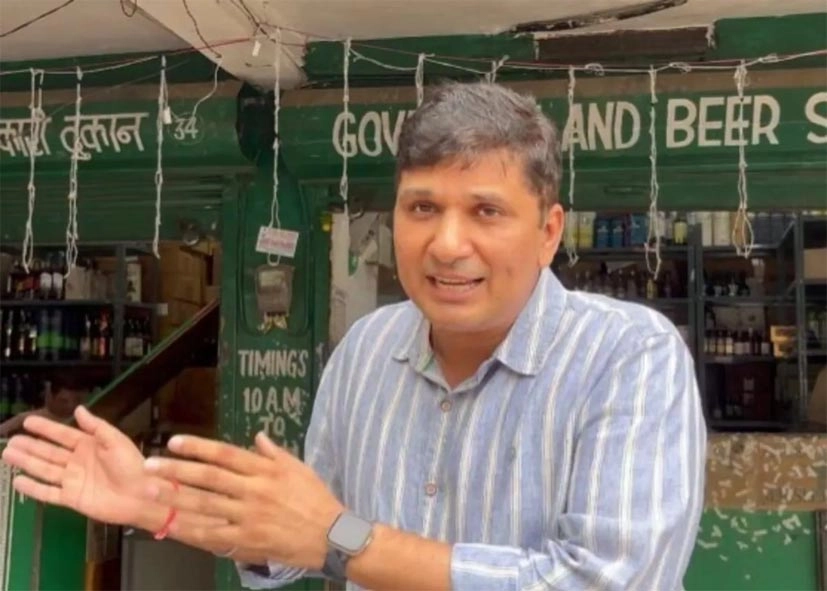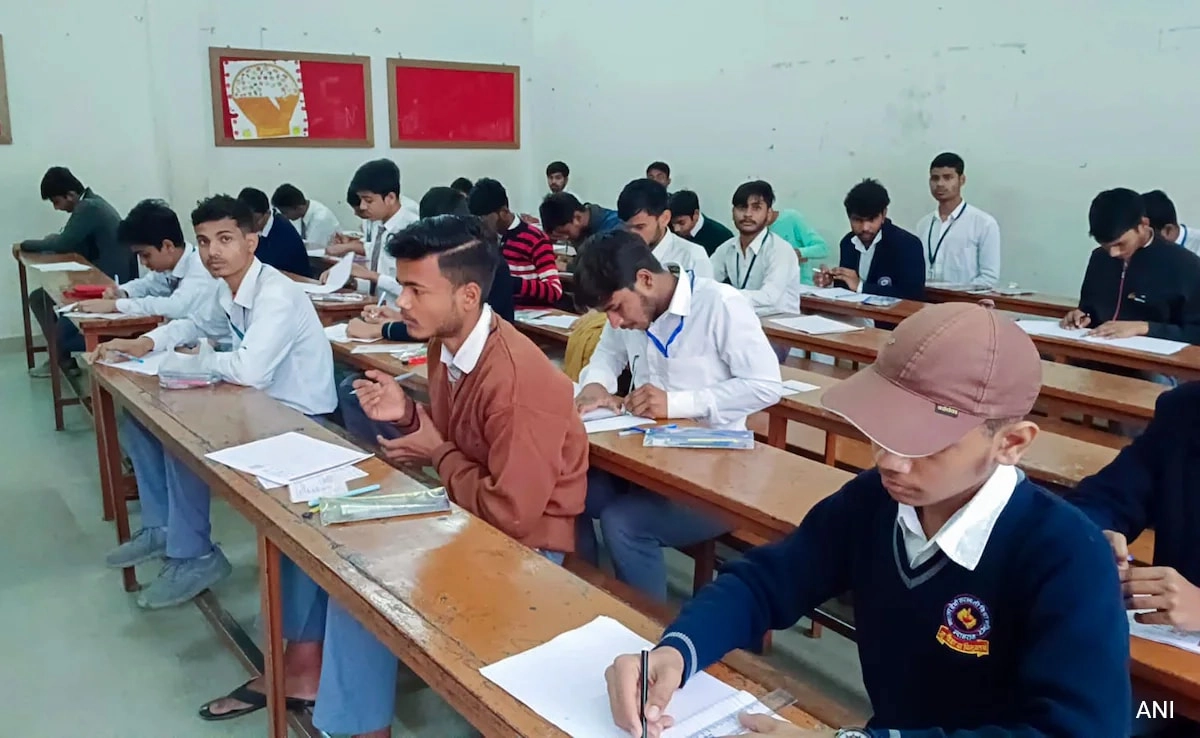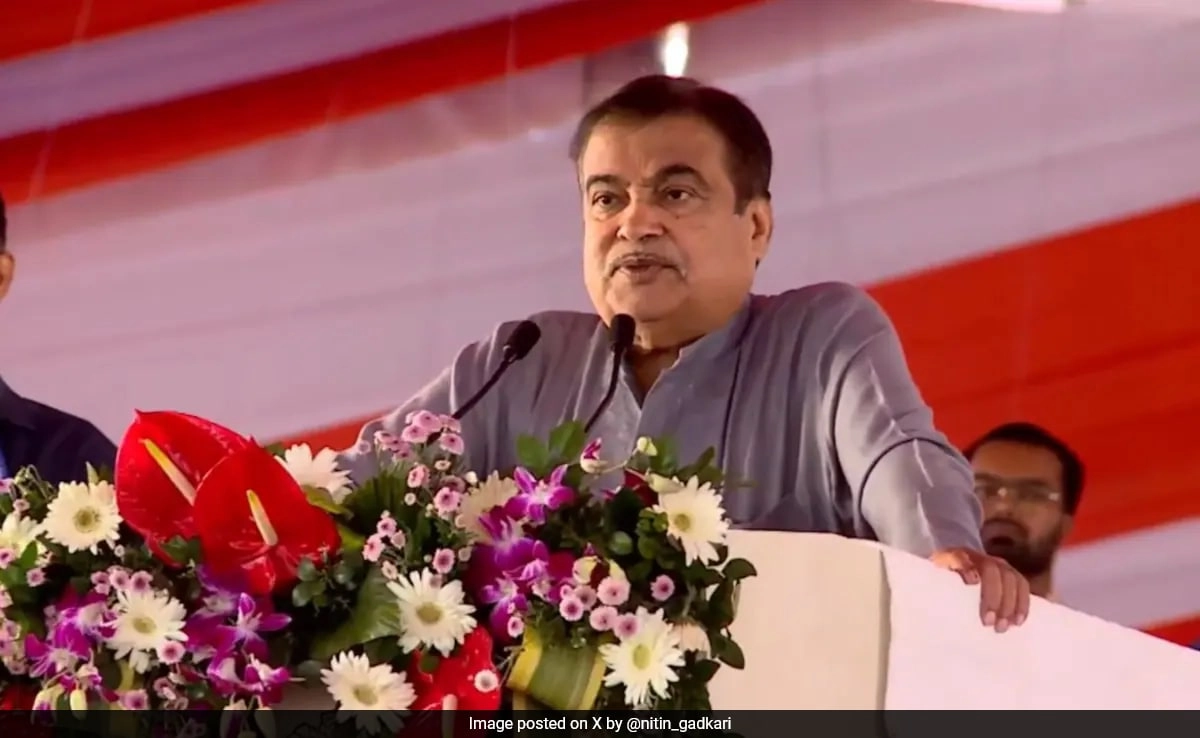During the Chhath festival, which holds immense significance for many devotees in India, a controversial decision has sparked outrage among the faithful. Saurabh Bhardwaj, a prominent political figure, has vehemently criticized the Bharatiya Janata Party (BJP) for allowing liquor shops to remain open during this sacred period. He labeled this decision as an “insult to faith,” emphasizing the deep cultural and religious values that the festival embodies. Chhath is a time for worship, reflection, and family gatherings, making the presence of alcohol sales particularly contentious.
Bhardwaj’s attack on the BJP highlights a broader concern regarding the party’s commitment to the principles it claims to uphold. By permitting liquor shops to operate during a time that is meant for devotion and reverence, the government is perceived as undermining the very essence of the festival. This situation raises questions about the priorities of the ruling party and whether they genuinely respect the traditions and sentiments of the people they claim to represent. His comments reflect a growing frustration among sections of society that feel their beliefs are being trampled upon for the sake of economic gains.
The term “fake Sanatani government” used by Bhardwaj encapsulates a sentiment shared by many who feel disillusioned with the current administration. In their view, the BJP has strayed from its foundational values and is more focused on profit than on preserving the cultural fabric of the nation. This incident serves as a reminder of the ongoing tensions between economic considerations and cultural sensitivities in contemporary India. As the Chhath festival approaches, the call for greater respect for traditions becomes even more pronounced, urging leaders to reflect on the impact of their policies on the spiritual lives of citizens.
In the wake of Bhardwaj’s remarks, the debate surrounding the operation of liquor shops during religious festivities is likely to intensify. Advocates for cultural preservation are expected to rally against what they see as a disregard for religious observances, while supporters of the government’s stance may argue for personal freedom and economic interests. This clash of viewpoints underscores the complexities of navigating governance in a diverse society where faith and modernity often intersect. As the festival unfolds, the ramifications of this controversy may resonate beyond the immediate context, influencing the way political parties engage with cultural issues in the future.




